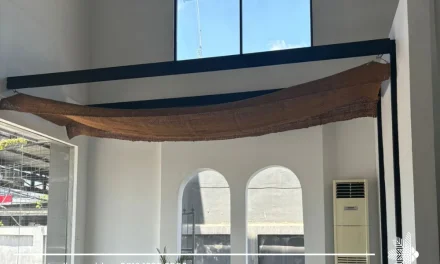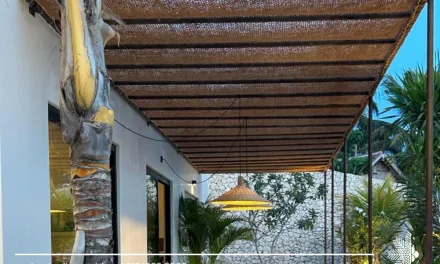Introduction to Indonesian Coco Fiber Sail
The term Indonesian coco fiber sail has recently gained global recognition as a sustainable, natural alternative in the marine industry. Derived from the husk of coconuts, this fiber has been transformed by Indonesian manufacturers into a durable and eco-friendly product for sail-making and marine applications. Known for its strength, resistance to saltwater, and biodegradability, coco fiber is now emerging as a green solution for the boating and shipping industries.
Indonesia, being one of the world’s largest producers of coconuts, naturally leads the innovation in utilizing this by-product. Companies across the archipelago are now producing high-quality Indonesian coco fiber sail materials that are being exported to various parts of the world.
What Makes Indonesian Coco Fiber Sail Unique?

A Sustainable Material with Marine-Grade Durability
The most remarkable attribute of Indonesian coco fiber sail is its ability to withstand harsh maritime conditions. It resists rotting in saltwater, which makes it superior to conventional cotton or synthetic sails. Moreover, its natural structure allows it to be both flexible and tough—two essential qualities needed in sail materials.
Eco-Friendly and Economical
Unlike synthetic materials which take years to decompose, coco fiber is biodegradable and leaves no harmful residues in the marine ecosystem. This makes Indonesian coco fiber sail the ideal choice for those concerned with the environmental impact of maritime activities. Additionally, it is cost-effective due to Indonesia’s abundant coconut supply and local expertise in processing.
Applications of Indonesian Coco Fiber Sail
Traditional and Modern Usage
Historically, Indonesians have used coconut fiber (locally known as “sabut kelapa”) in rope-making and matting for boats. Today, this heritage continues with more advanced technologies turning these fibers into full-fledged sails. Indonesian coco fiber sail is now used in small fishing boats, eco-resorts, and even in modern sailing yachts that aim to reduce their environmental footprint.
Beyond Sailing
Besides its primary use in sailing, the material is also being explored for other maritime uses such as boat insulation, dock mats, and erosion control in coastal areas. Its versatility makes it a valuable asset in both commercial and traditional maritime industries.

Conclusion and Contact Information
As the world shifts toward sustainable solutions, Indonesian coco fiber sail stands out as a prime example of how local resources can be transformed into globally relevant innovations. It offers a perfect balance of performance, cost, and environmental friendliness.
For more information, please contact us via WhatsApp (+62) 812-1233-3590 or email us at sales@arlion.co.id.





